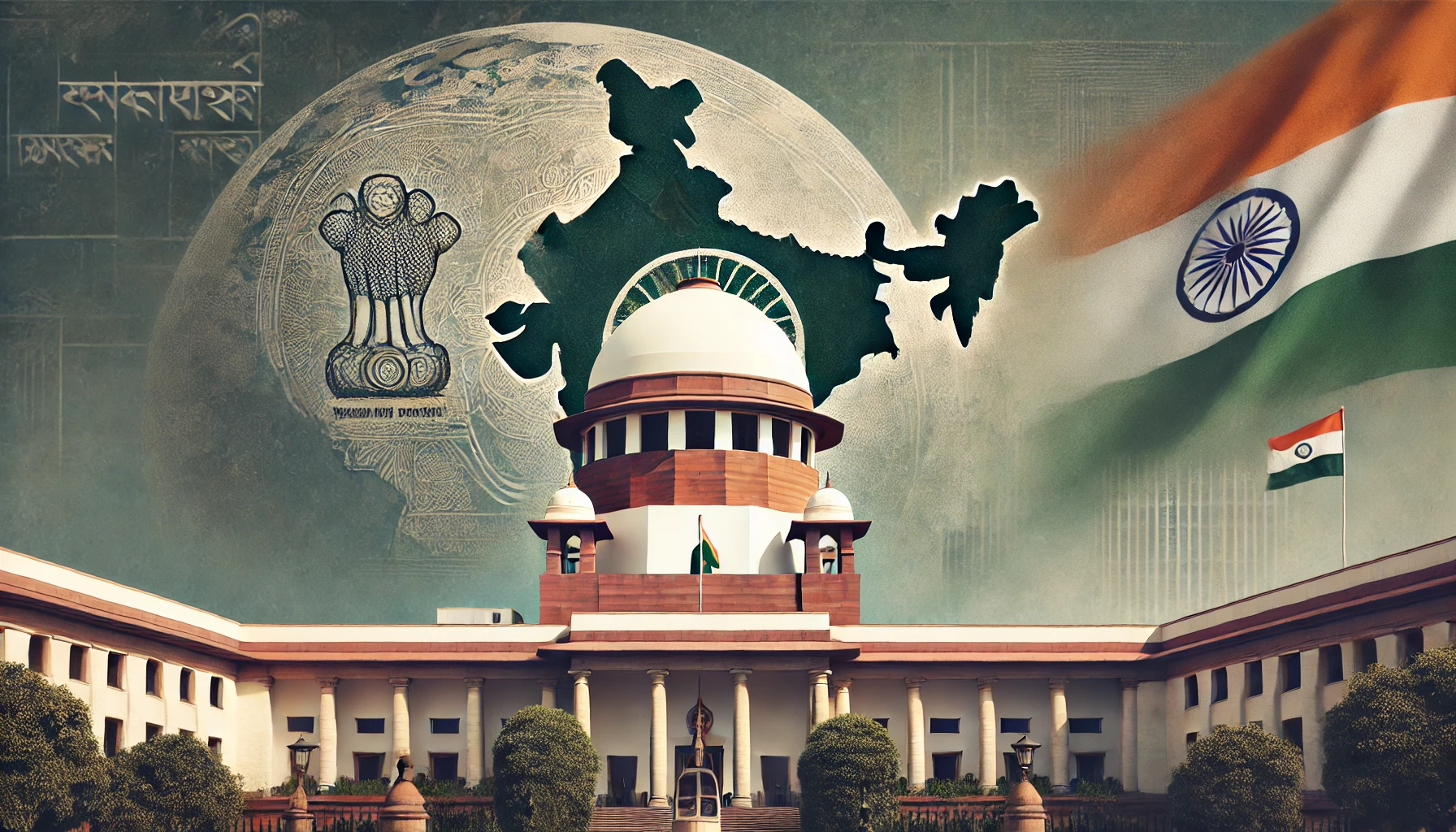Justice K.S. Puttaswamy (Retd.) v. Union of India (2017) – Right to Privacy as a Fundamental Right
In this historic judgment, the Supreme Court declared privacy as a fundamental right under Article 21, forever shaping how individual liberty and personal data are treated in modern India.
Background:
The case began with a challenge to the Aadhaar scheme, where citizens were required to provide biometric and demographic information to receive government benefits. Retired Justice K.S. Puttaswamy filed a petition, arguing that compulsory data collection violated citizens’ privacy.
As the case progressed, a larger constitutional question emerged: Is the right to privacy protected under the Constitution?
Earlier judgments had ruled that privacy was not a guaranteed right, which meant that Aadhaar or similar programs could not be challenged on that basis. To settle this, a 9-judge Constitution Bench was formed.
Legal Issues Raised:
-
Is the right to privacy a fundamental right under the Indian Constitution?
-
If yes, under which provisions is it protected—Article 21, Article 19, or others?
-
What are the limits and scope of this right in relation to State action and technological advancement?
Supreme Court’s Key Observations:
-
Privacy Is Inherent in Article 21: The Court unanimously ruled that the right to privacy is an intrinsic part of the right to life and personal liberty under Article 21.
-
Overruled Earlier Judgments: It overruled the M.P. Sharma (1954) and Kharak Singh (1962) cases, which had denied the existence of a fundamental right to privacy.
-
Privacy Includes Multiple Dimensions: The right to privacy includes:
-
Bodily autonomy
-
Personal choices
-
Control over personal information
-
Sexual orientation
-
Freedom of thought and expression
-
-
Limits of the Right: Like other rights, privacy is not absolute. It can be restricted if:
-
There is a legitimate State interest
-
The restriction is proportionate
-
There are legal safeguards in place
-
Impact of the Judgment:
-
This ruling became the foundation of digital rights in India, influencing laws related to data protection, surveillance, and technology.
-
It directly impacted the Aadhaar verdict, narrowing the scope of where Aadhaar could be made mandatory.
-
It reinforced that dignity, autonomy, and individual choice are central to the Indian Constitution.
-
The case is often compared to landmark global privacy judgments, placing India among countries recognizing privacy as a key constitutional value.

